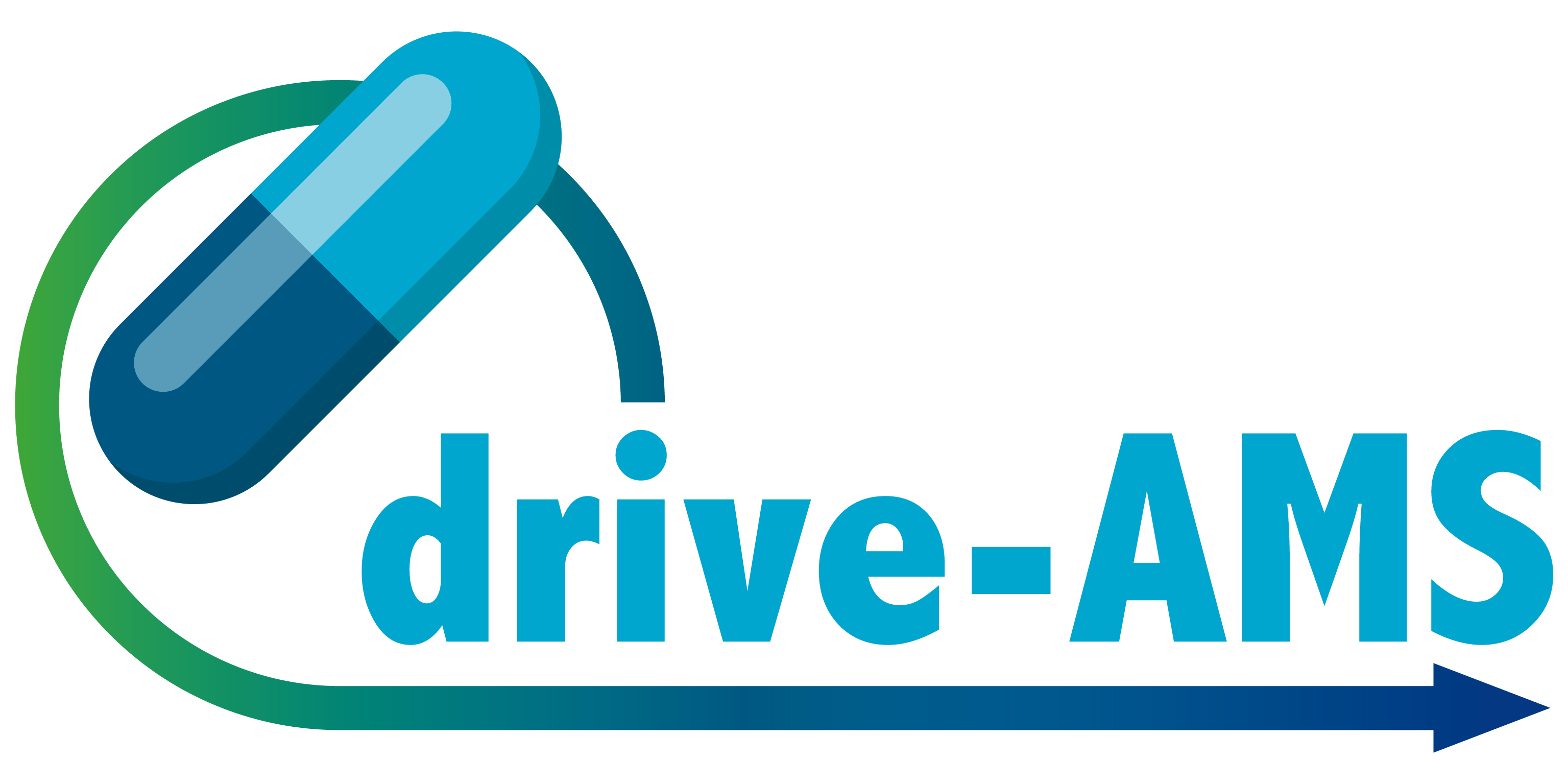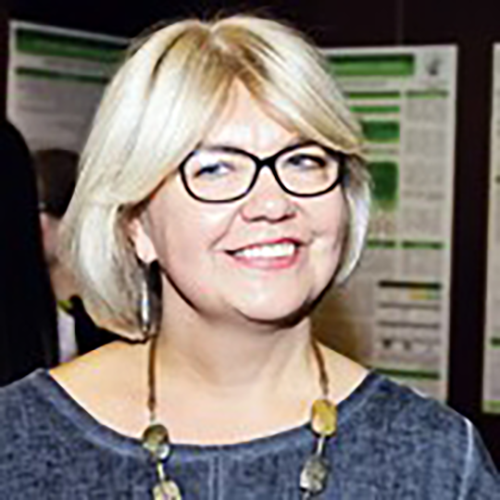Can you introduce yourself and elaborate on your daily work?
I am working at the Institute of Hygiene in Vilnius, which is the public health institution under the Lithuanian Ministry of Health. We have a range of national responsibilities in regards to antimicrobial resistance, consumption of antibiotics and healthcare-associated infections. We give guidance and provide methodological help to other institutions, as well as coordinate national activities. I also give trainings on these topics to nurses, postgraduates and students from Vilnius University.
Why is drive-AMS and fighting antimicrobial resistance important?
In Lithuania, there are a lot of practices in regards to antibiotic use that we are trying to change. drive-AMS is a great opportunity for us as it offers a different point of view to solve our problem, through behavioural change. We’re working on getting a deeper understanding of our habits and learning a step-by-step approach on how to change them.
We’re battling a number of challenges. Before the COVID-19 pandemic, we were faced with a high resistance in Enterobacteriaceae and during COVID, we witnessed a huge increase in Acinetobacter baumannii. At the moment, there are four clusters of different strains spreading between hospitals. The problem doesn’t only lie in antibiotic use but also in infection control, however, I do think we can apply the drive-AMS concept here as well.
What has the Lithuanian drive-AMS network achieved in the first year of the project? What did you find challenging? What surprised you?
It was great to see that a lot of our hospitals are eager to join the program and want to work towards a solution. We have invited seven hospitals to join us for our upcoming in-country training in May and all have accepted!
Our biggest challenge is a lack of clear leadership in the hospitals for the AMS teams. Antimicrobial stewardship is not part of the daily work for most healthcare professionals in Lithuania, nor is it included in their training. Another challenge is to find experts in behavioural change who can help change the prescribing behaviour. Hospital psychologists’ main work often includes mobbing, burnout syndrome, stress and other psychosocial risk factors.
Therefore, creating dedicated teams with the right members and appointing a clear leader, alongside offering extensive training, will be key for us during the realisation of the project. We are also working on a national action with requirements in regards to AMR and AMS, which will be ready by 2029. This plan will be based on the EU Council Recommendations on AMR, which were adopted in June 2023.
How did you implement the knowledge learned during the trainings?
Up until now, medical psychologists have never been involved in this type of project. However, we have managed to find two experts who will be responsible for behavioural change and will join our training in May, both as trainers and trainees. This is a big step in the right direction for us.
In addition, Lithuanian hospitals are formally required to have audit teams and two of our hospitals succeeded in finding a different approach to auditing clinical practices, on how to collect and interpret antibiotic prescribing data. This will be a kind of supplement to the dedicated AMS teams.
Can you share any lessons learned already?
One of our lessons learned was to include the entire team. To not only discuss matters with the leadership, but to involve all members and regularly meet up to train together and brainstorm on how to implement change. Another part of this was to create a team of experts from different departments, so there is a variety in knowledge and experience, and to really foster collaboration among them. Together, you can look at the data, discuss the challenges and search for the correct interventions.
What are your expectations for the future of the drive-AMS network in Lithuania?
The goal is to create a true community of hospitals, where the AMS activities will become part of the daily work. We started with three hospitals and are now selecting six additional ones to join our project. We want to achieve that collaboration, knowledge sharing and discussing experiences regularly will become the normal way of working.

